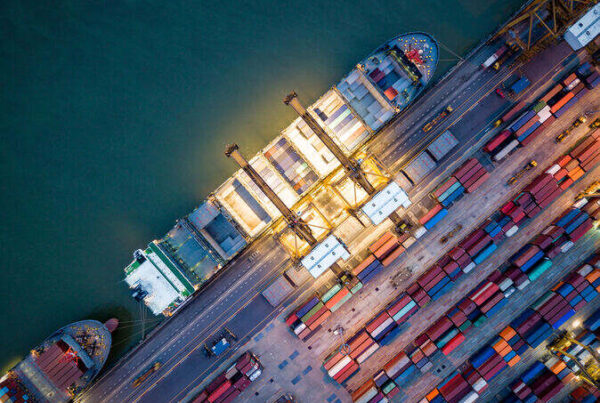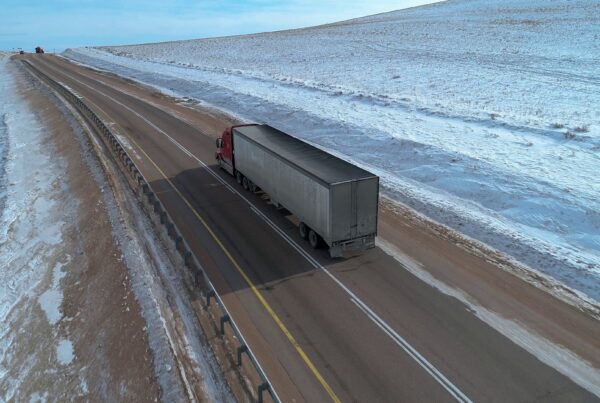Tanker Trucks and Logistics
When it comes to moving liquids and gases tanker trucks are the backbone of the logistics industry. They can haul a wide range of products from fuel and chemicals to food-grade products. At ShipEX Logistics we have specialized brokerage services to meet your needs. Whether you’re moving bulk liquids or sensitive products we want to make sure your loads are handled with care and expertise.
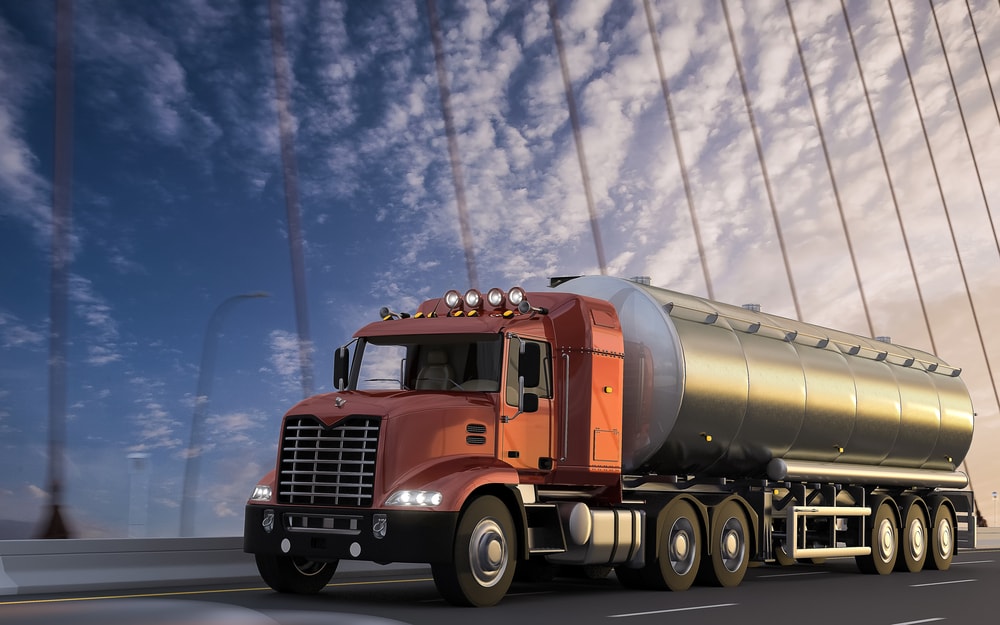
Types of Tanker Trucks and Uses
General Tanker Trucks
Tanker trucks are specialized vehicles used to move liquid cargo. They are designed to be versatile as their use varies depending on the type of cargo they will be hauling. From fuel and chemicals to food-grade products and gases tanker trucks can haul a wide range of liquids. They are built with cylindrical tanks mounted on the truck chassis to minimize the risk of spills and to allow for the safe movement of both hazardous and non-hazardous liquids.
There are many types of tanker trucks each for a specific type of cargo. For example, fuel tankers are used to haul gasoline and diesel, chemical tankers to haul corrosive or toxic liquids, and food-grade tankers to haul edible liquids such as milk, juice, or oils. Each type of tanker is built with the safety features and specs to meet industry standards.
Types of Tankers
Compressed Gas Cargo Tanker
Compressed gas cargo tankers haul gases under pressure. These tankers have internal pressure systems to keep the gases stable during transit and prevent any hazards. They also have vapor recovery systems to capture and contain vapors that would otherwise escape during loading and unloading. They’re a great choice for hauling gases like propane, butane, and other compressed products safely.
Flammable or Combustible Liquid Tankers
Flammable or combustible liquid tankers haul hazardous products like gasoline and diesel fuel. These tankers are built with safety in mind using materials that reduce risk during transport. Their design allows them to handle the challenges of these hazardous products and get the cargo to its destination without incident.
Dry Bulk Tankers
Dry bulk tankers are used to haul non-liquid products like grain alcohol, plastic pellets, and other dry bulk products. These tankers have large sealed compartments to keep the cargo secure and contamination-free. They are used in industries where bulk movement of products like powdered goods, grains, or small granular products is required.
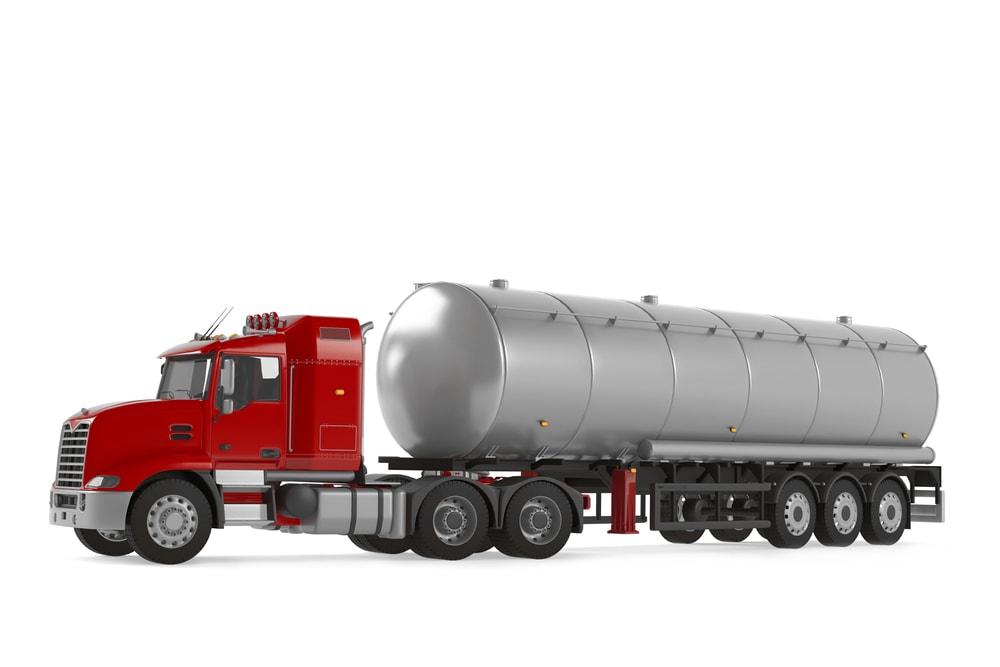
What Tankers Carry
Liquid Cargo
Tanker trucks can haul a wide range of liquid cargo like oil, fuel oil, vegetable oils, and grain alcohol. These liquids are hauled long distances for industrial use, commercial products, or consumer needs.
Fuel and Oil Hauling
One of the main uses of tanker trucks is to haul fuel to service stations and fueling aircraft. Fuel tankers are built for this purpose, including very large crude carriers that move large quantities of crude oil. These are a critical part of the supply chain to get fuel to its destination safely.
Chemical and Hazardous Material Hauling
Hauling hazardous products like nitric acid and flammable liquids requires specialized tanker trucks to handle these dangerous products. Transporting these products is a highly regulated process and the tankers used are built to prevent accidents and spills to protect the environment and public health.
Dry Bulk Material Hauling
In addition to liquids, some tankers are designed to haul dry bulk products like plastic pellets, grain alcohol, and other non-liquid cargo. The design of these tankers allows for safe and secure dry bulk transport making them a great option for industries that need to move large volumes of these products.

Tanker Features
Volume and Capacity
Tanker trucks are designed with varying volume capacities to haul different types of liquid cargo. The size classes of these trucks range from small regional tankers to larger cross-country models. Capacity can vary, some tankers can haul large volumes of liquid depending on the design and regulatory limits. When calculating total weight, you need to consider both the volume capacity of the tanker and the weight of the liquid being hauled as this affects the overall load and operational efficiency.
Safety and Design
Safety is key in tanker design, rollover protection, double hulls, and reinforcing rings are critical in keeping the cargo safe during transport. Rollover protection prevents accidents, double hulls add an extra layer of protection against leaks and spills. Reinforcing rings adds to the structural strength of the tanker to carry heavy loads. Many tankers also have multiple compartments to haul different types of liquids in one trip reducing cross-contamination and making the transport more versatile.
Material
The material used in tanker construction is key for both durability and safety. Carbon steel is a popular choice because of its strength and corrosion resistance. Non-insulated designs are used when the cargo doesn’t require temperature control, a cost-effective option for certain types of hauls. Depending on the cargo, multiple materials can be used to suit the load requirements, including those that can handle corrosive or reactive products.
Pumping and Loading Systems
Tanker trucks have advanced pumping and loading systems to aid in liquid transfer. These systems include a pumping system to load and unload cargo through ports. Depending on the product being hauled, different types of pumps and loading systems are used to move liquids safely and efficiently. Whether it’s a simple gravity-fed system or a more complex pump-driven setup, these systems are designed to meet the specific requirements of each product to ensure a smooth operation from start to finish.
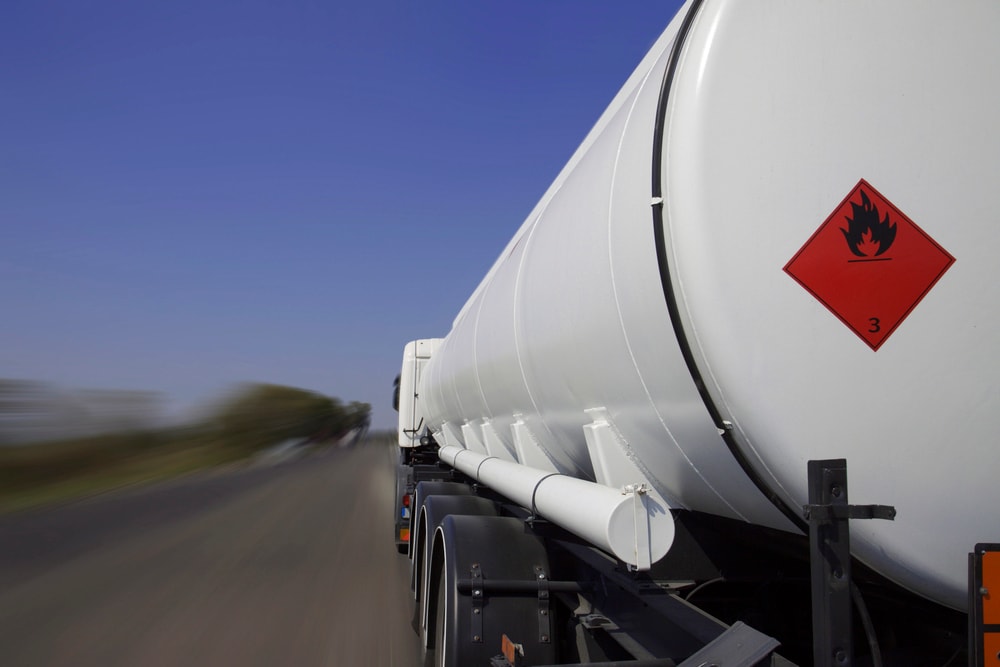
Industry and Use Cases
Oil and Fuel Transport
Tankers can haul up to 2 million barrels at a time. Moving such large volumes of crude oil and fuel is critical to keep the supply chain moving from refineries to distribution points across the country. Tanker trucks are designed to handle the challenges of hauling petroleum products and get these products to their destination safely and on time.
Specialized Uses
Tanker trucks aren’t just for oil and fuel; they’re also used to haul a variety of products that require special handling due to their unique properties. For example, nitric acid needs specialized equipment to manage its corrosive nature, vegetable oils need tankers that can maintain the purity for food production. Plastic pellets used in manufacturing need to be hauled in precise quantities. Each of these products requires a different approach, that’s where the tanker comes in.
Tanker Brokerage at ShipEX Logistics
Tailored Brokerage
At ShipEX Logistics our brokerage services are designed to offer flexible and reliable solutions to meet the varied needs of tanker transport. We know every client and every load is unique, that’s why we offer tailored brokerage options to meet the specific requirements of hauling liquid and dry bulk cargoes.
Whether you’re hauling crude oil, specialty chemicals, or food-grade liquids, ShipEX Logistics has brokerage services that put your logistical needs first. By combining our industry knowledge with technology we deliver seamless and cost-effective transport solutions you can rely on.
Cost and Safety
ShipEX Logistics is committed to cost-effective and safe transport. Our focus on safety goes beyond just the cargo itself; we also consider the local community and the challenges of navigating tight spaces. Our experienced team coordinates each transport with care to deliver efficient transport solutions that put safety and cost first at every step.

Conclusion
Tanker Transport with ShipEX Logistics
Tanker trucks are a big part of the liquid and gas transportation industry, serving many industries from oil and fuel transport to specialty products like nitric acid and vegetable oils. The variety of these trucks allows for the safe and secure movement of these products, whether hazardous chemicals or food-grade liquids. At ShipEX Logistics we offer tailored brokerage services to meet the requirements of each shipment, using our industry knowledge to deliver reliable and cost-effective solutions. With our focus on safety and efficiency ShipEX Logistics is well-positioned to meet the growing and diverse demands of tanker transport.
If you’re looking for expert tanker brokerage solutions, contact ShipEX Logistics today to discuss how we can meet your transportation needs.


